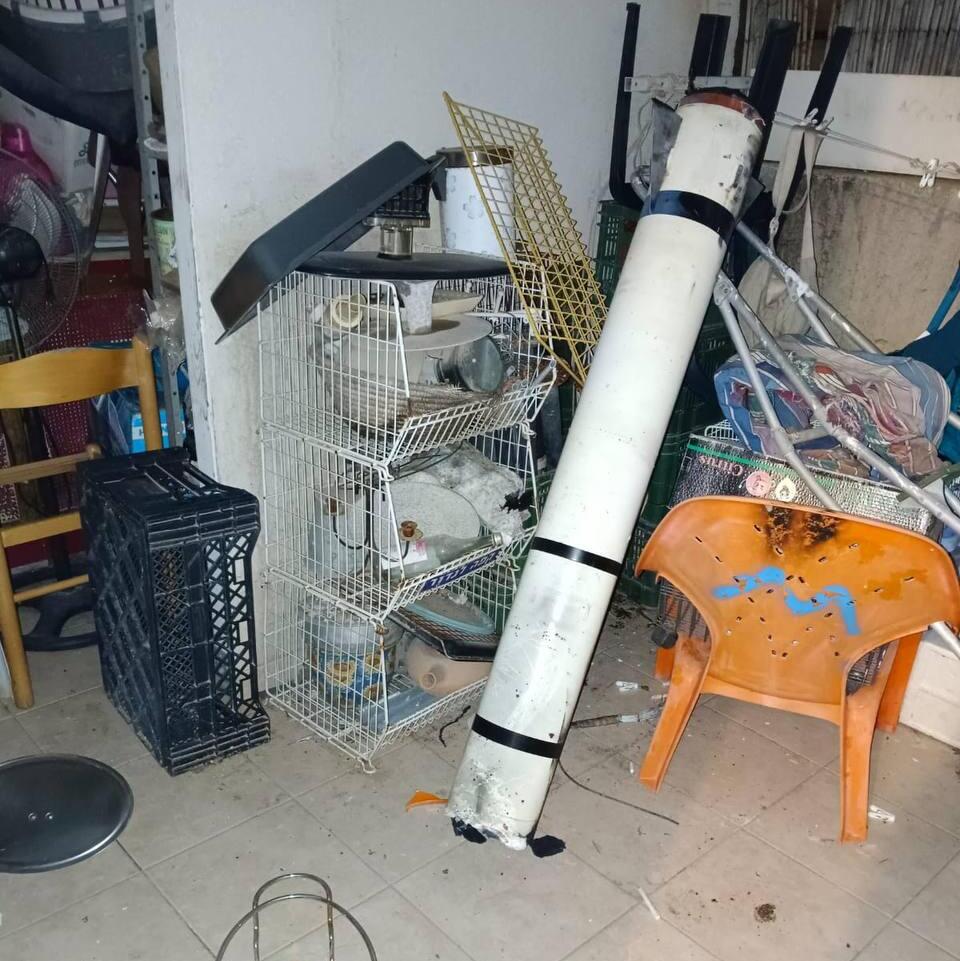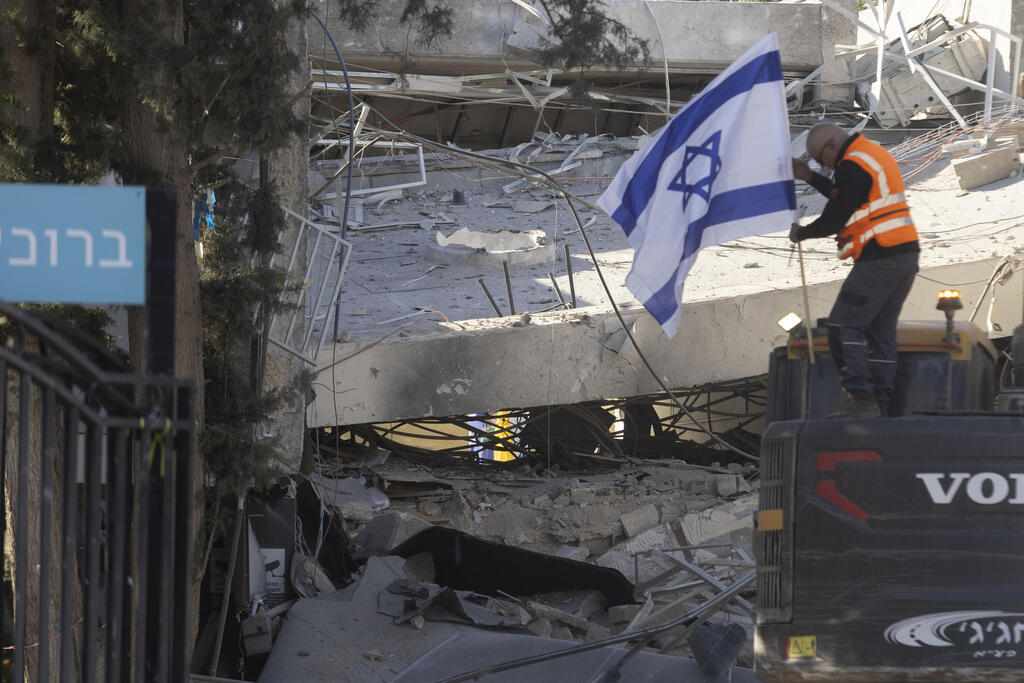Getting your Trinity Audio player ready...
For the fourth time in a week, a ballistic missile launched from Yemen triggered alarms across central Israel overnight. Millions of residents in 169 localities, including Beit Shemesh, Modiin, Ra’anana and Ramat Hasharon, were awakened by sirens at 4:22 a.m., marking the broadest alert coverage yet.
The expanded alert system follows a failed interception on Saturday night, when a Houthi missile struck a school in Ramat Efal. The IDF acknowledged the delayed alert in that incident and announced adjustments to ensure wider warning zones. “Lessons have been learned and implemented,” the military said.
The new policy’s impact has been immediate. Compared to 143 localities affected the previous night, alarms were heard in 169 localities early Wednesday morning. This policy aims to mitigate risks from falling interceptor debris, which in recent incidents caused damage in residential areas, including Be’er Ya’akov.
Get the Ynetnews app on your smartphone: Google Play: https://bit.ly/4eJ37pE | Apple App Store: https://bit.ly/3ZL7iNv
The IDF said that the latest missile was intercepted before entering Israeli airspace, with alarms activated as a precaution against potential falling debris. However, the expanded alert zones meant over 300,000 additional residents were directed to shelters compared to earlier missile launches.
Until recently, alarms were not sounded for missiles intercepted outside Israeli territory. For example, two Houthi missile launches earlier this month were intercepted without triggering sirens. The IDF explained that the change was prompted by recent incidents, including the Ramat Efal strike, where a missile warhead breached the defense system and caused significant damage.
The new approach reflects a balancing act between safety and the disruption caused by frequent alarms. “The updated alert policy ensures maximum protection,” the IDF said, but it has also led to millions of Israelis being awakened almost nightly.
As the Houthi missile campaign intensifies, Israeli authorities face growing challenges in managing both security risks and the psychological toll on the population. For now, the sirens—and the sleepless nights—are unlikely to abate.




